AeroGenie — Ihr intelligenter Copilot.
Trends
Categories
Wizz Air Aims to Restore Full Fleet by 2027 Following Engine Groundings
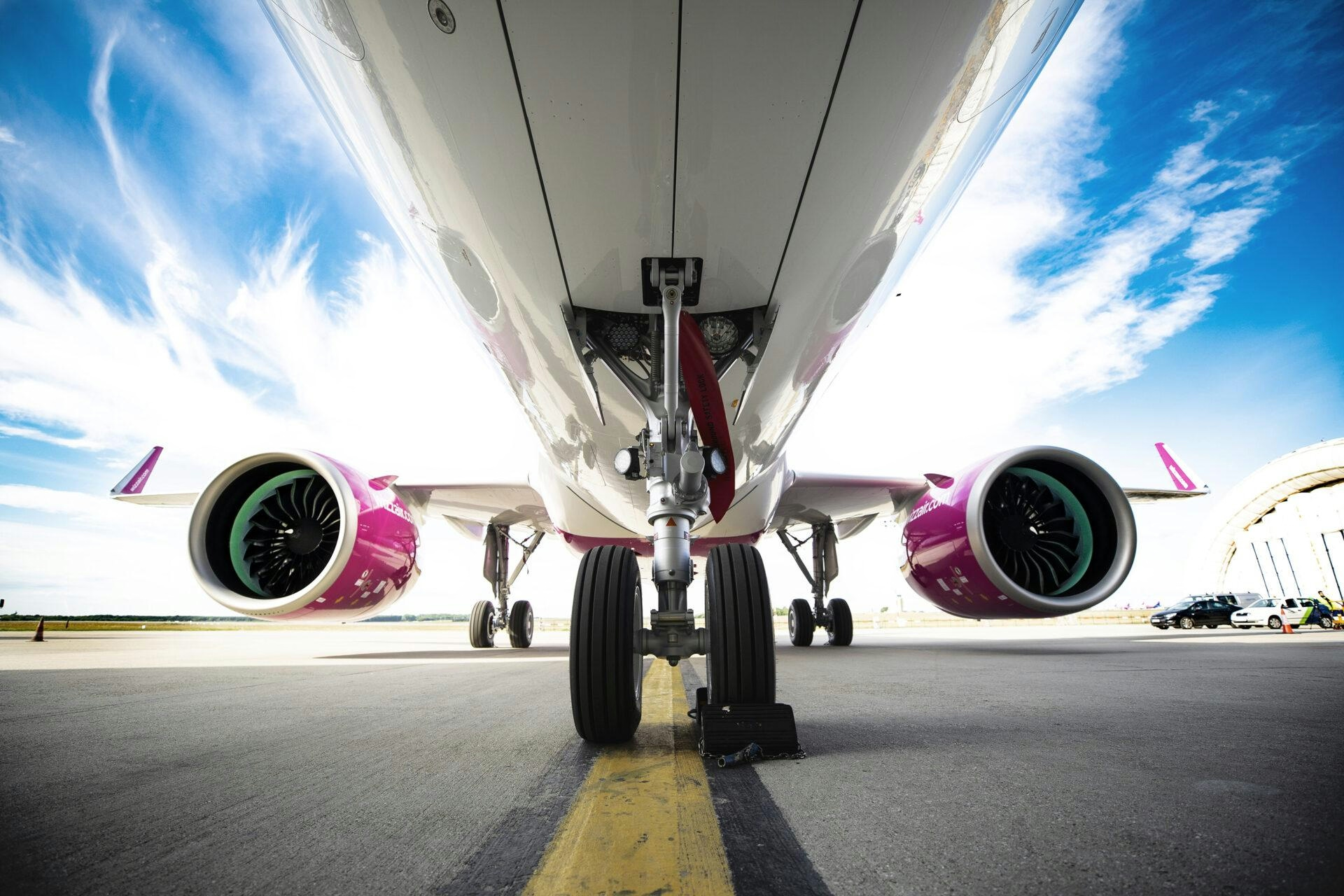
Wizz Air Aims to Restore Full Fleet by 2027 Following Engine Groundings
Wizz Air has announced an ambitious plan to return its entire fleet to full operational capacity by 2027, following a series of groundings linked to technical issues with Pratt & Whitney’s GTF engines. This initiative represents a critical phase in the airline’s efforts to stabilize operations and improve the travel experience after months of significant disruptions that have affected passengers across Europe.
Operational Challenges and Passenger Impact
The engine-related groundings have severely disrupted Wizz Air’s flight schedules, resulting in frequent delays and a reduction in available flights on key European routes. Travelers have experienced considerable inconvenience, particularly on popular destinations such as Spain, Italy, and Germany, as the airline struggled to maintain consistent service. The planned fleet restoration aims to reverse these setbacks by increasing flight capacity, minimizing delays, and enhancing schedule reliability, thereby offering passengers greater flexibility and predictability in their travel plans.
For both business and leisure travelers, these improvements are expected to translate into a more dependable and convenient experience. The return of grounded aircraft will enable Wizz Air to boost flight availability on major routes, reduce last-minute cancellations, and restore confidence in its operational reliability.
Strategic and Financial Considerations
Despite the positive outlook, the timeline extending to 2027 presents ongoing challenges for Wizz Air’s operational capacity and financial health. The prolonged recovery period may constrain the airline’s ability to fully capitalize on market opportunities in the short term. Industry analysts and investors are closely monitoring how Wizz Air manages costs and sustains profitability amid reduced capacity. Meanwhile, competitors are seizing the opportunity to expand their own networks and adjust pricing strategies to capture market share during Wizz Air’s recovery phase.
In response to these pressures, Wizz Air has implemented strategic adjustments to optimize its network and control operational expenses. Notably, the airline has decided to close its Vienna base while simultaneously reviving routes to Abu Dhabi, signaling a targeted approach to focus on markets with stronger demand and streamline its operations.
Industry Implications and Future Prospects
From an industry perspective, Wizz Air’s recovery plan is viewed as a positive indicator of resilience and potential growth within European commercial aviation. Restoring the full fleet will enable the airline to expand its route offerings and increase flight frequencies, addressing the rising demand for affordable, short-haul travel across the continent. This development is particularly significant as tourism continues to be a major driver of air travel in Europe.
As Wizz Air progresses toward full fleet restoration, its ability to navigate the operational and financial challenges ahead will be closely observed. Success in this endeavor could not only reestablish the airline’s competitive standing but also contribute to a more robust and reliable European aviation sector.
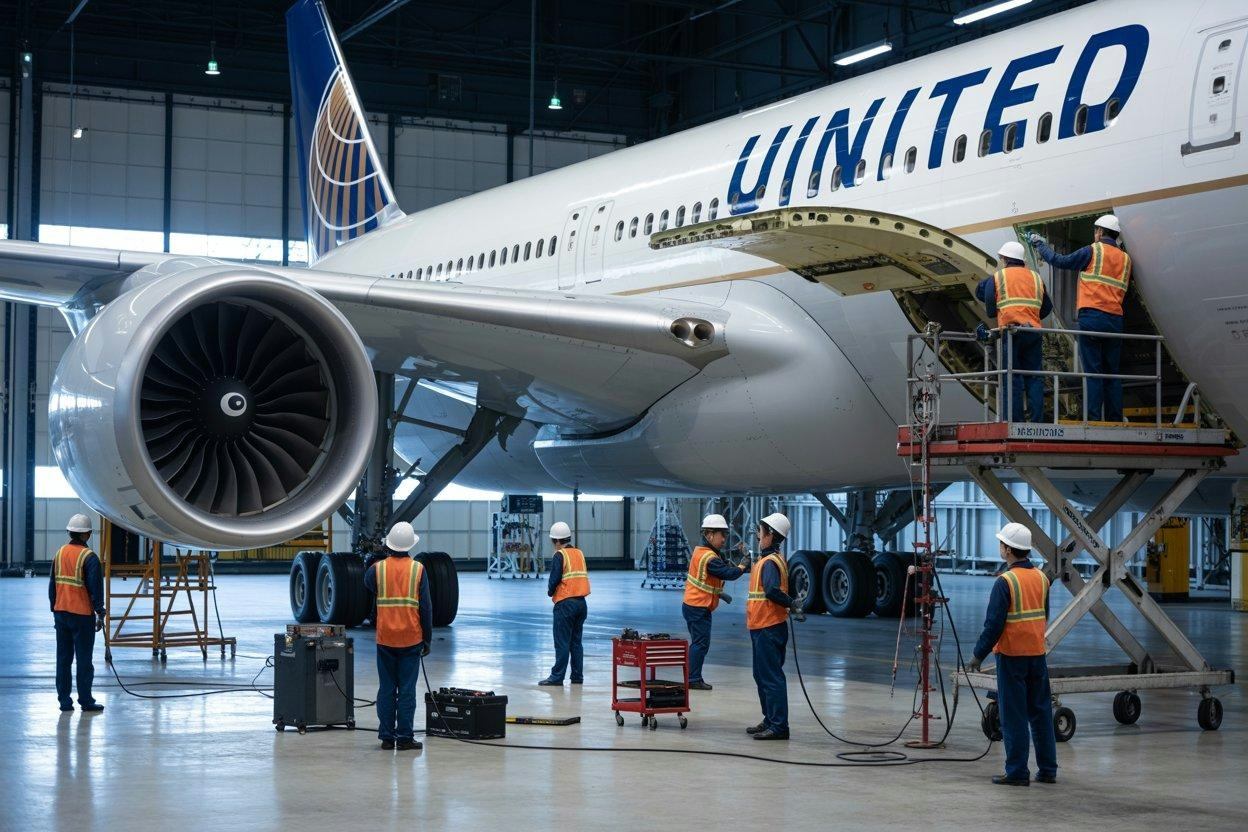
US Audit Identifies FAA Oversight Gaps at United Maintenance

The Impact of Agentic AI on Airport Operations
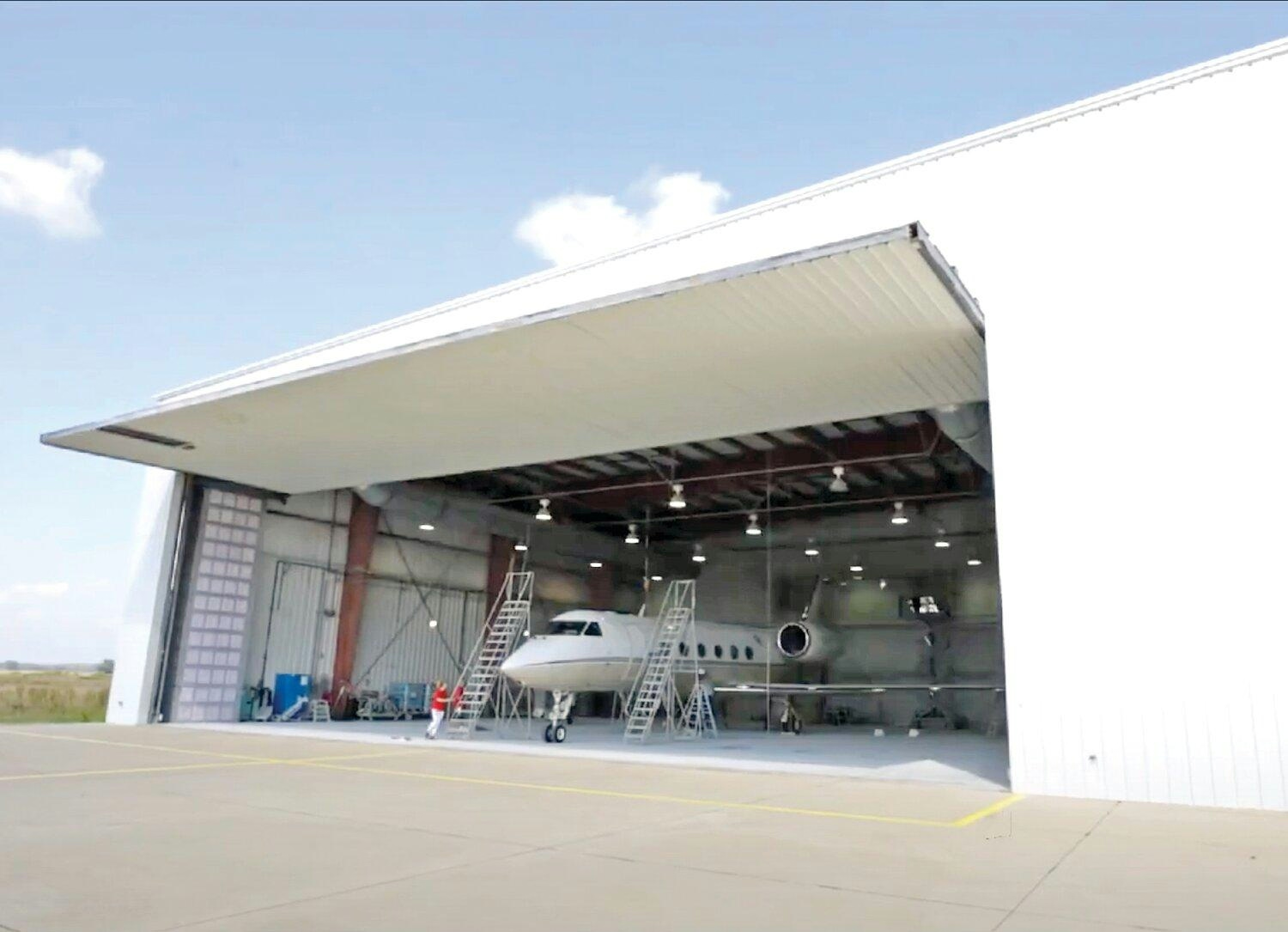
West Star Aviation Announces Expansion in Chattanooga

Aviation Design Software Market Projected to Reach $2.8 Billion

The Future of Aviation in Africa Amid Digital Transformation
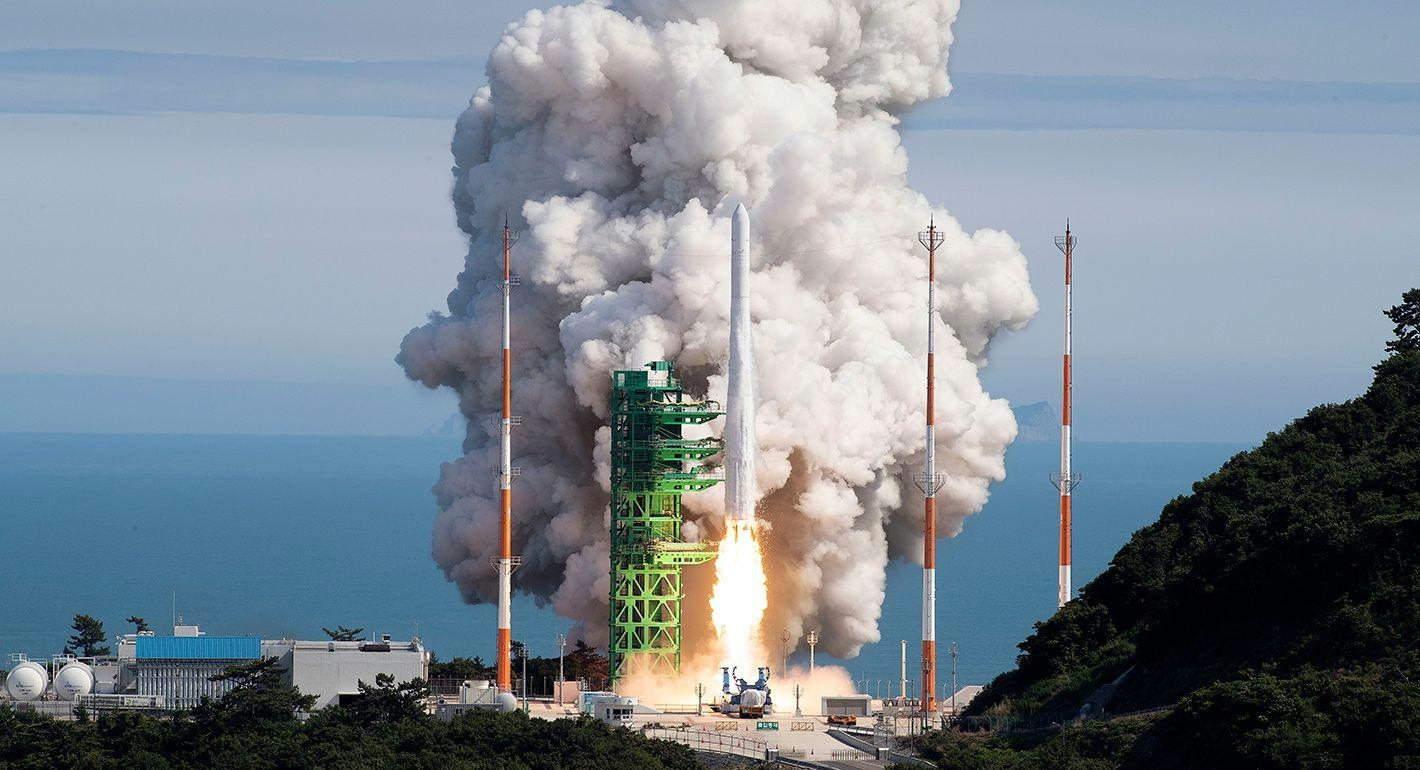
Gyeongnam Province Unveils Mid- to Long-Term Aerospace Industry Roadmap
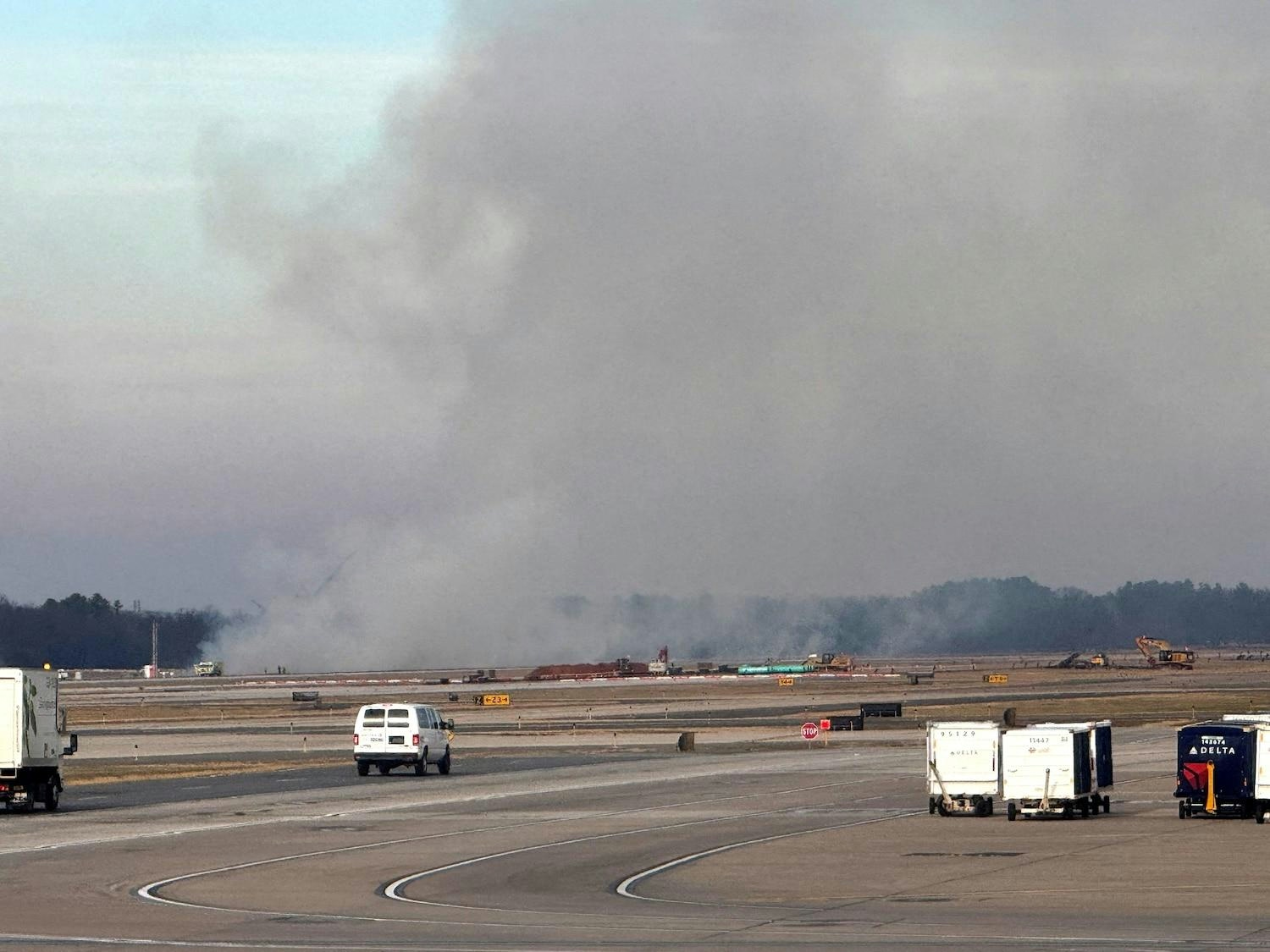
Delta Flight to Atlanta Suffers Engine Trouble, Sparks Grass Fire at Airport
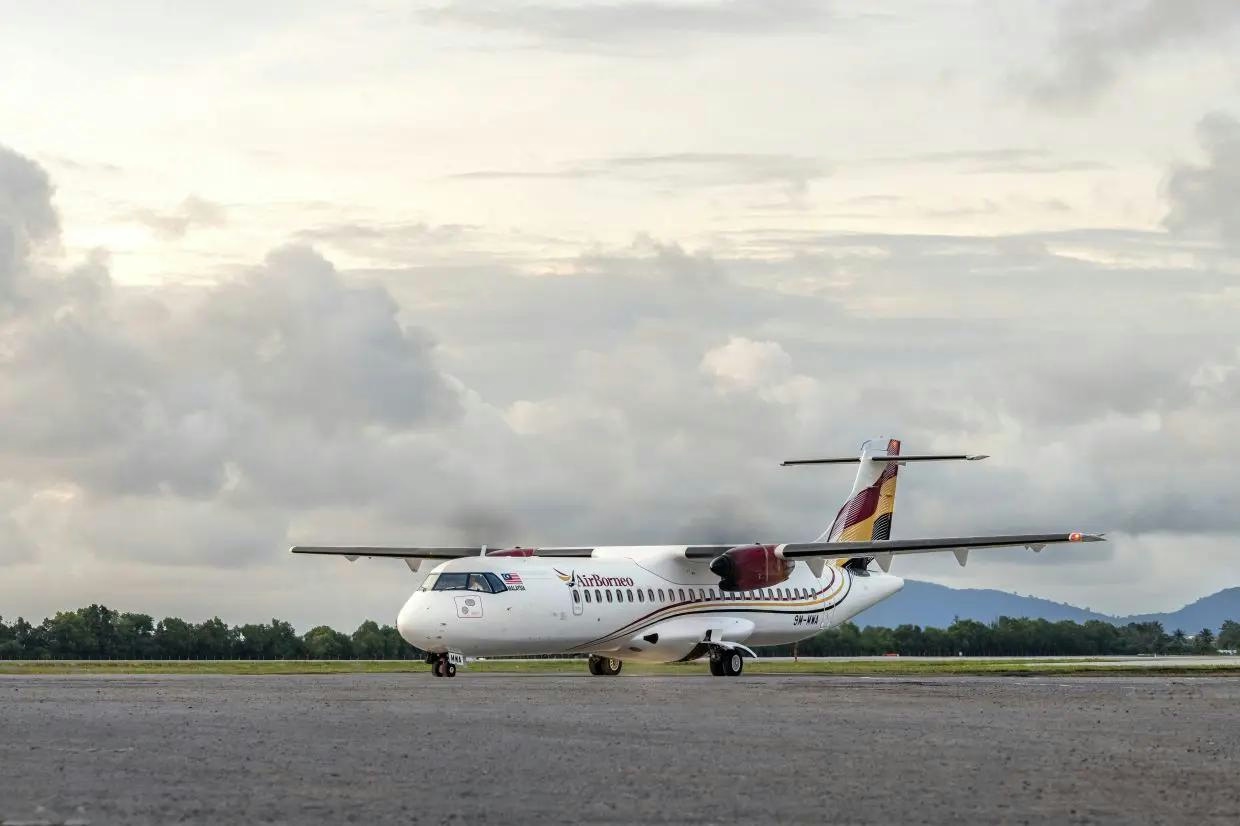
Sarawak's AirBorneo partners with IBM for AI-powered operations

PH Aerospace and MRO Exports Reach $603 Million, Says DTI
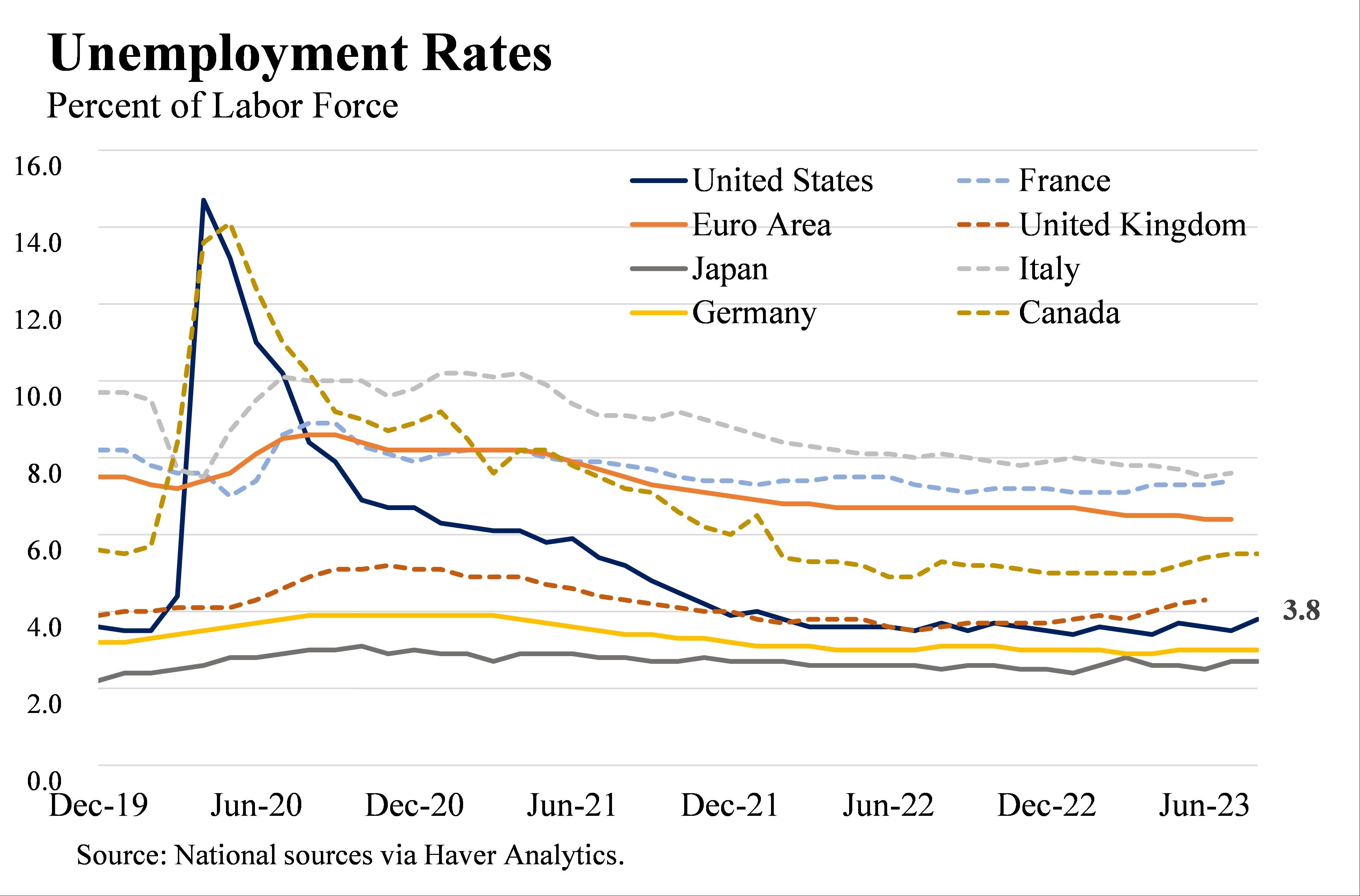
Economic Growth Drivers Show Signs of Slowing
